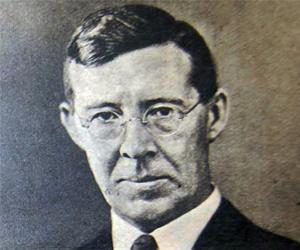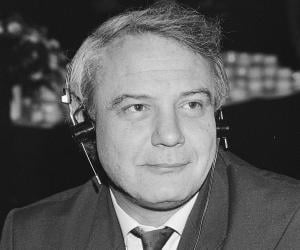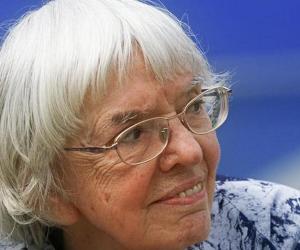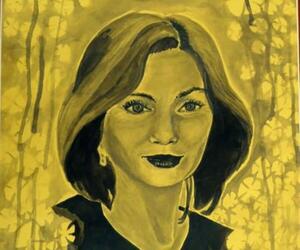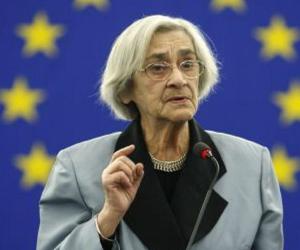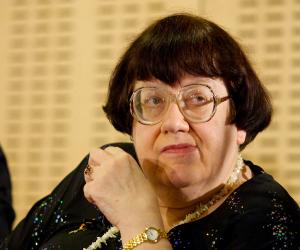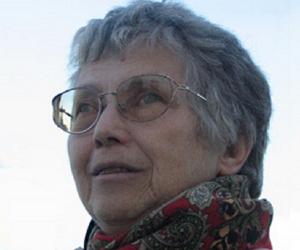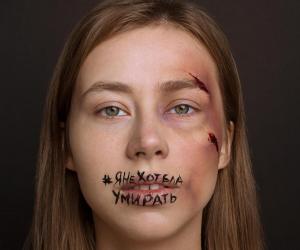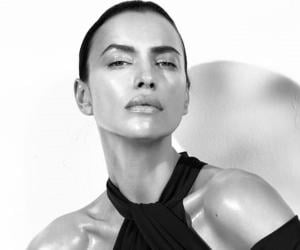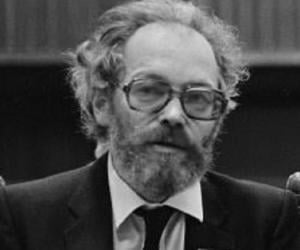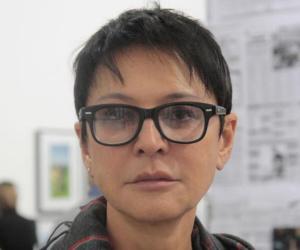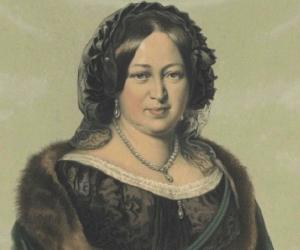1
Pitirim Sorokin
(Sociologist and Political Activist)
Birthdate: January 21, 1889
Sun Sign: Aquarius
Birthplace: nyazhpogostsky District, Russia
Died: February 10, 1968
Pitirim Sorokin was a Russian American sociologist known for his contributions to social cycle theory. He was a professor at Saint Petersburg Imperial University before fleeing to Czechoslovakia to escape repression under Lenin's regime. Sorokin later became a professor of sociology at the University of Minnesota and then headed the department of sociology at Harvard University. He was a member of the Socialist Revolutionary Party in Russia and faced multiple arrests by both the Czarist and communist regimes.
